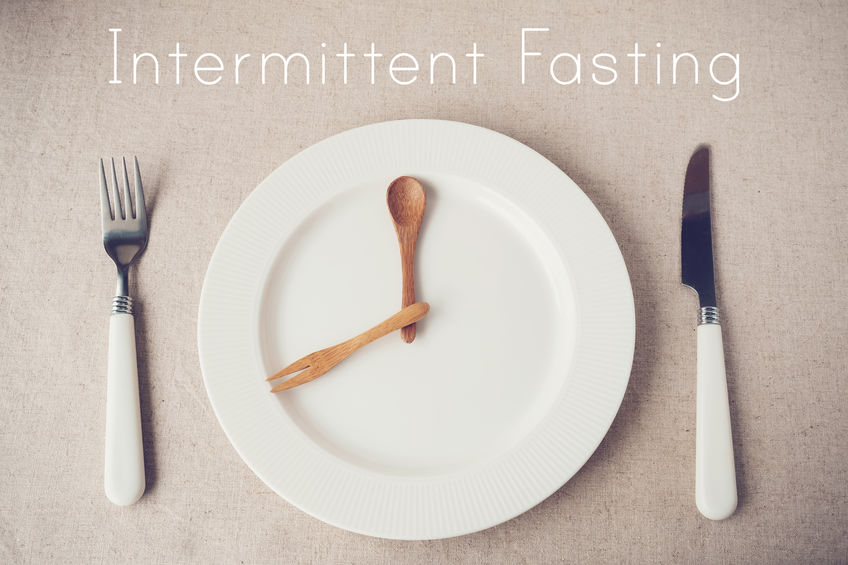Time-restricted eating and weight loss may be effective for some people according to a recent study.
As a Certified Nutritionist, I have found that setting an eating cut off after dinner is an effective way to eliminate late-night snacking and lose weight. Some of my clients establish an eating window that works well for their body.
Time-Restricted Eating and Weight Loss Research
New research has been conducted on time-restricted eating and weight loss.
According to a new study published by researchers from the University of Illinois at Chicago, two daily fasting diets, also known as time-restricted feeding diets, are effective for weight loss.
The study reported results from a clinical trial that compared a 4-hour time-restricted feeding diet and a 6-hour time-restricted feeding diet to a control group.
• Participants in the 4-hour time-restricted feeding diet group were asked to eat only between the hours of 1 p.m. and 5 p.m.
• Participants in the 6-hour time-restricted feeding diet group were asked to eat only between the hours of 1 p.m. and 7 p.m.
• In both the study groups, patients were allowed to eat whatever they wanted during the 4-hour or 6-hour eating period.
• During the fasting hours, participants were directed to only drink water or calorie-free beverages.
• In the control group, participants were directed to maintain their weight and not change their diet or physical activity levels.
• The participants were followed for 10 weeks as weight, insulin resistance, oxidative stress, blood pressure, LDL cholesterol, HDL cholesterol, triglycerides and inflammatory markers were tracked.
Results of Study of Time-Restricted Eating and Weight Loss
Here are the results of the study of time-restricted eating and weight loss.
The study, published in Cell Metabolism, found that participants in both daily fasting groups reduced calorie intake by about 550 calories each day simply by adhering to the schedule and lost about 3% of their body weight.
The researchers also found that insulin resistance and oxidative stress levels were reduced among participants in the study groups when compared with the control group.
There was no effect on blood pressure, LDL cholesterol, HDL cholesterol or triglycerides.
There also was no significant difference in weight loss or cardiometabolic risk factors between the 4-hour and 6-hour diet groups.
Krista Varady, study author and Professor of Nutrition at the University of Illinois, says:
- The findings of this study are promising and reinforce what we’ve seen in other studies — fasting diets are a viable option for people who want to lose weight, especially for people who do not want to count calories or find other diets to be fatiguing.
- It’s also telling that there was no added weight loss benefit for people who sustained a longer fast — until we have further studies that directly compare the two diets or seek to study the optimal time for fasting, these results suggest that the 6-hour fast might make sense for most people who want to pursue a daily fasting diet.
Varady and her colleagues also reported that there were no major adverse health events reported by study participants during the study and that the mild adverse events — such as dizziness or headaches — were limited to the beginning of the trial.
Click here to read full study about time-restricted eating and weight loss.







